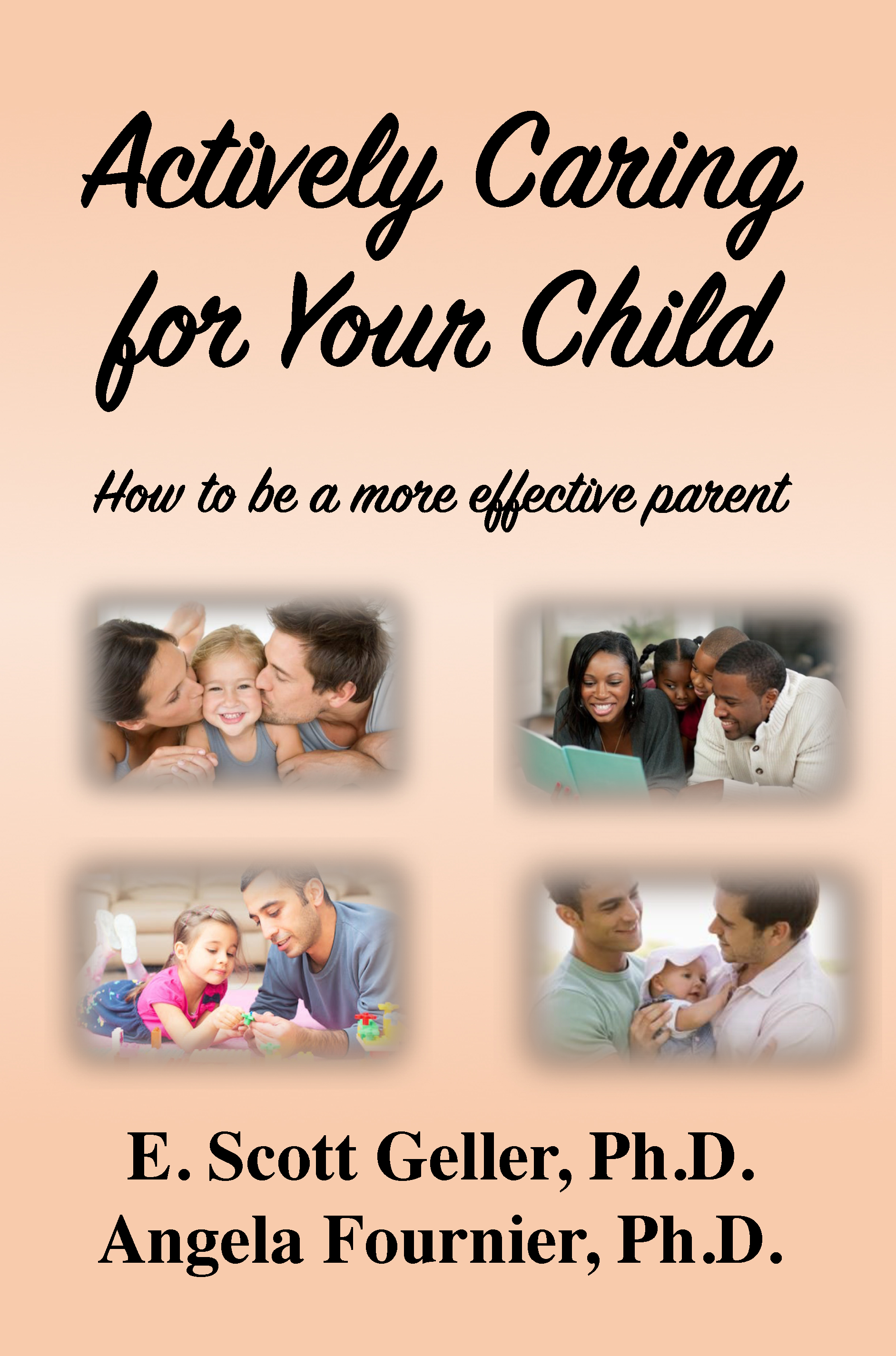Scott Geller co-authors new Actively Caring for People book, focused on parenting
Alumni Distinguished Professor E. Scott Geller of the Department of Psychology has released a new book as part of the Actively Caring for People (AC4P) Movement. This book focuses on effective parenting and caregiving, and follows related research-based books addressing occupational health and safety, positive community policing, and bullying prevention in educational settings.
“Actively Caring for Your Child: How to be a More Effective Parent” is co-authored by Angela Fournier, a professor of psychology at Bemidji State University in Minnesota, and a former Ph.D. student in Virginia Tech’s clinical science program. As with its predecessors, this book is based on seven critical life lessons from psychological science, including more effective applications of positive consequences, observational learning, interpersonal behavioral feedforward, feedback, and empathy.

Geller, director of the Virginia Tech Center for Applied Behavior Systems, calls the 250-plus-page manual “the most important book I’ve authored, coauthored, or edited in terms of making a real-world difference because it is relevant to practically everyone.” Copies of the new book can be purchased at Virginia Tech campus bookstores or at the Actively Caring for People (AC4P) website.
Geared directly toward parents and caregivers, Geller and Fournier are working on a revised book/ manual on parenting and caregiving for academic use. That book will be published in 2020 by Cognella, Inc. (In 2016, Cambridge University Press published the 700-page textbook “Applied Psychology: Actively Caring for People”, which Geller edited and coauthored.)
Geller will present four brief student-orientation lectures daily from July 22 to 25 at Squires Student Center, where he will be reviewing the seven life lessons revealed in this new book. He will also introduce the book at the upcoming 2019 Organizational Behavior Management Network conference in Richmond, and at the American Psychological Association conference in Chicago where he will be honored with an award for “Distinguished Contributions to Applied Behavioral Science”.


